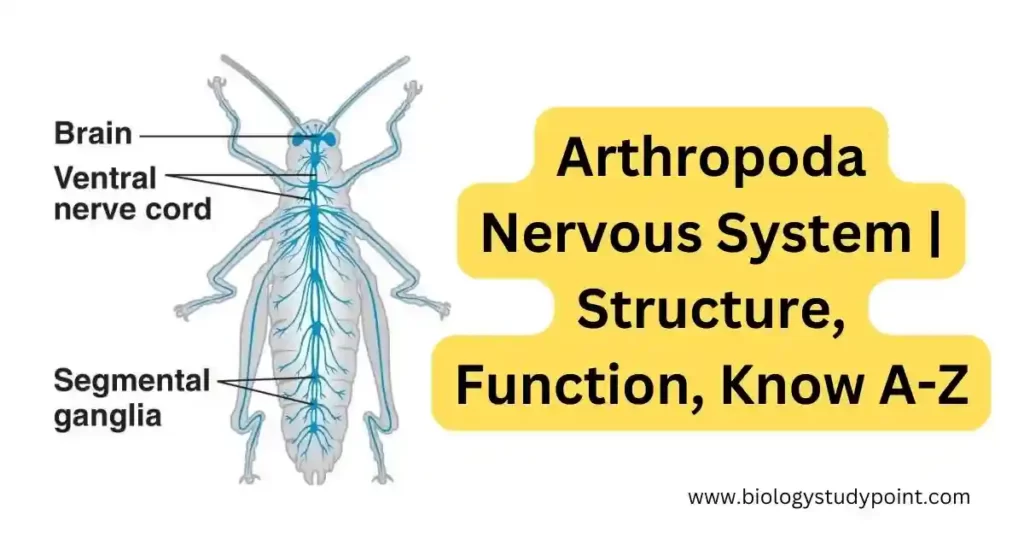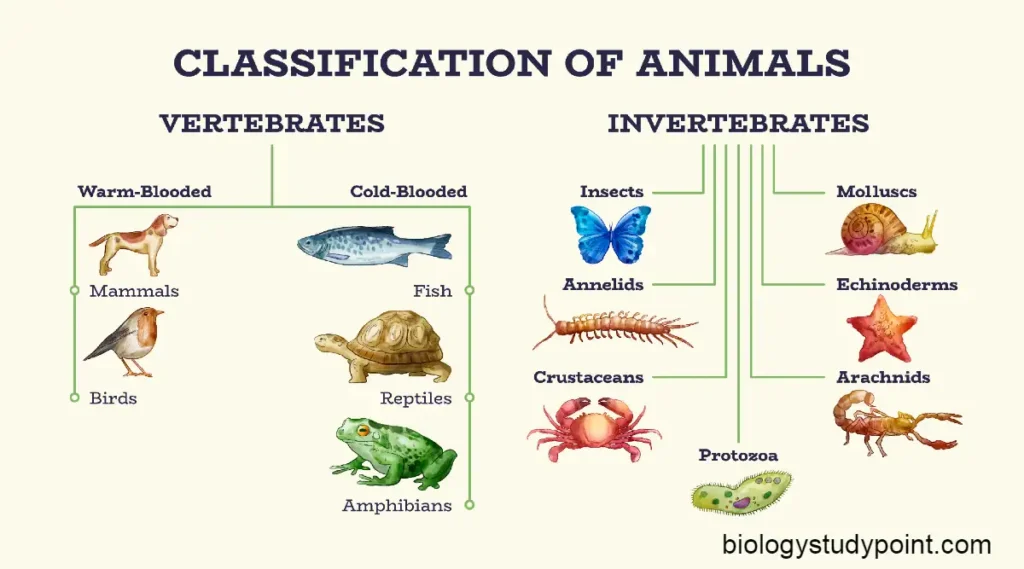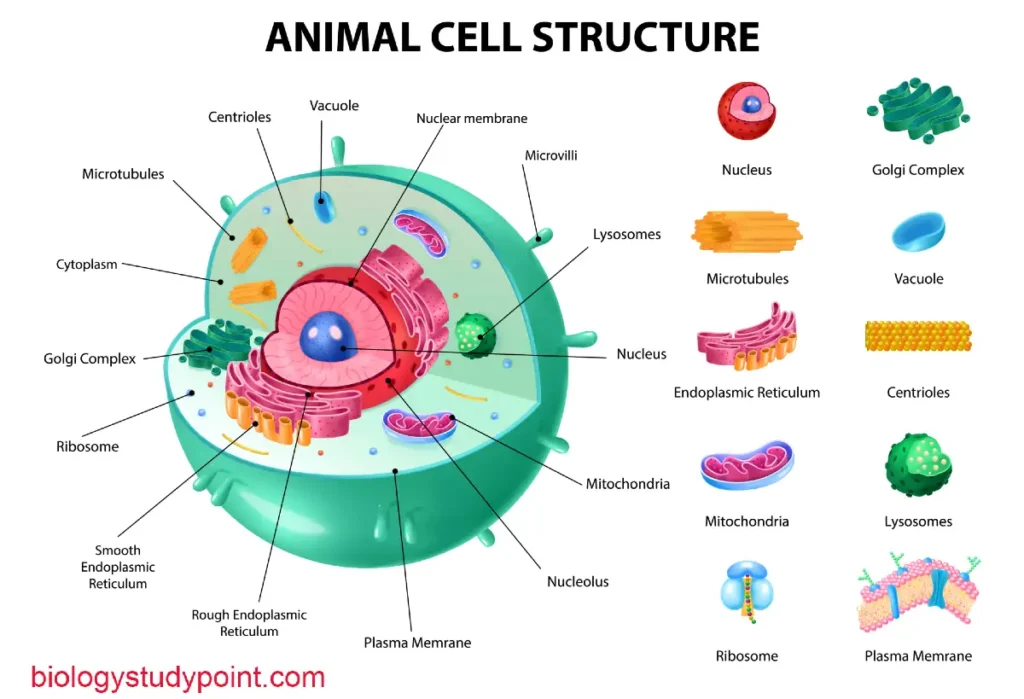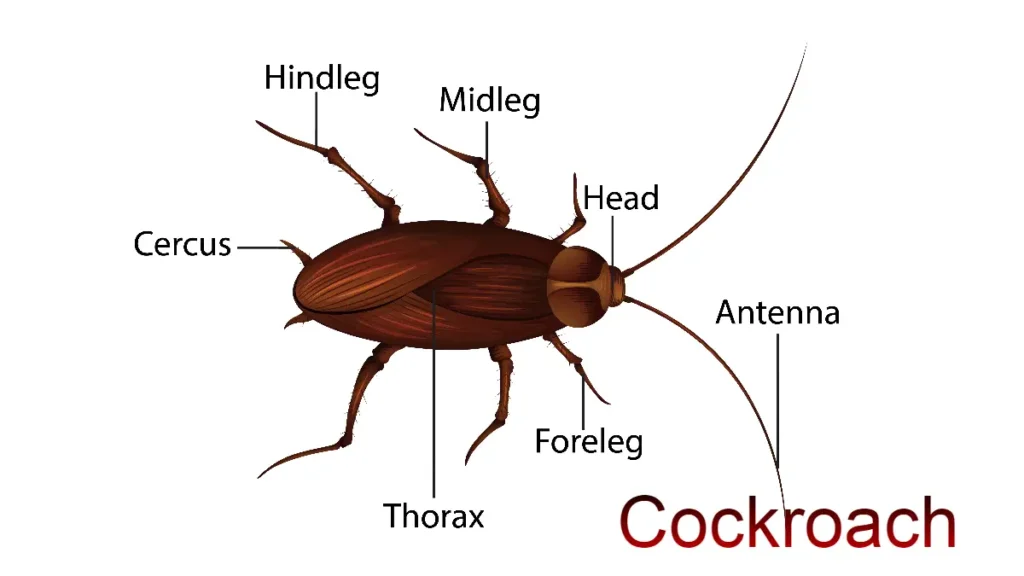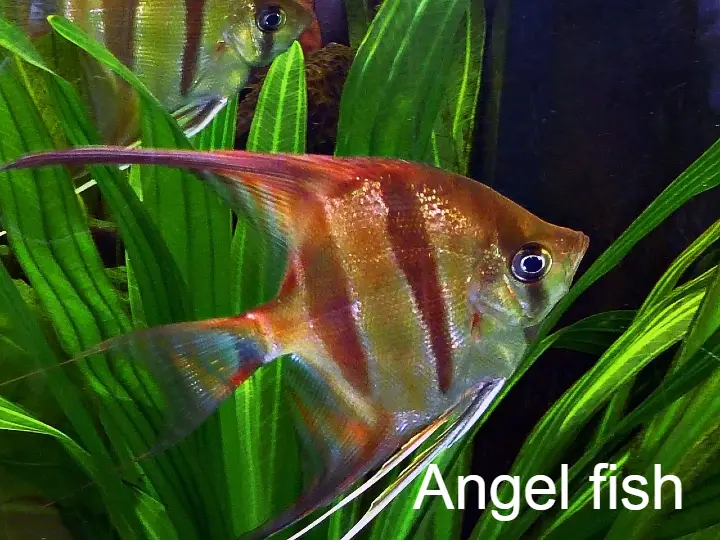Friends, Arthropods are the largest phylum in the animal kingdom. Arthropods have a complex nervous system that enables them to survive and develop in different environments. Their nervous system, despite being different from that of vertebrates, displays amazing adaptations and functionality.
So let us know about the surprising functions of Arthropoda Nervous System and their behavior. Now we will study in detail what are its effects on our understanding of life and neurobiology.
Introduction to Arthropoda Nervous System
Friends, the phylum Arthropoda, which includes insects, arachnids, crustaceans and myriapods, boasts a diverse range of species with equally diverse nervous systems. Despite their differences, these organisms share some fundamental characteristics in their nervous system organization.
Structure of the Arthropoda nervous system
Talking about the structure of the nervous system of arthropod organisms, their nervous system is made up of two things, a Central Nervous System or CNS and a Peripheral Nervous System or PNS.
CNS is made up of two parts. The first is the brain and the second is the Spinal cord, while the PNS spreads throughout the body through ganglia and nerves. One who works to deliver messages.
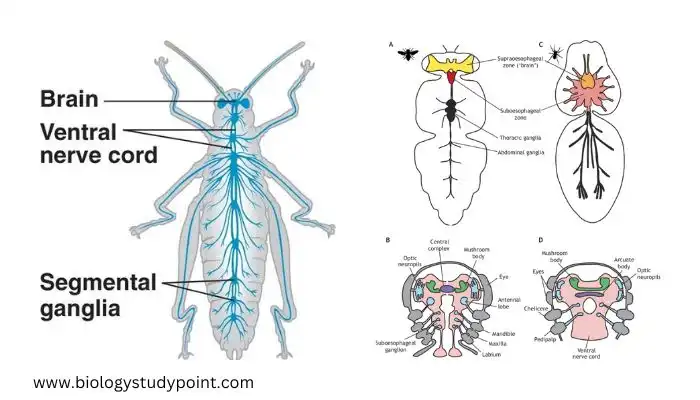
Components of the nervous system
Friends, inside this nervous system, there are neurons and nerve cells which play an important role, these cells send signals and carry messages throughout the body and from the body to the brain. Additionally, their sensory organs, such as antennae and compound eyes, help them sense the environment and objects.
Functioning of the Arthropoda Nervous System
In friends, the nervous system analyzes the received sensations, which helps arthropods to understand their environment faster. Their coordinated responses to stimuli demonstrate the ability of their nervous system to ensure survival.
Customization and Specialization
The nervous system of arthropods has unique characteristics that greatly benefit their growth and development, playing a significant role in their successful adaptation to different ecological niches. These adaptations have evolved over time as arthropods adapt their survival strategies.
Comparison with other animal nervous systems
Friends, when we compare the Arthropoda nervous system with the nervous system of vertebrates, we find very interesting differences in functionality and structure, as well as surprising similarities in some aspects of neural processing.
Effects on Behavior and Survival
The nervous system has a profound influence on the behavior of arthropod organisms, determining their food-finding methods, mating rituals, and defensive mechanisms. Their survival strategies are intricately linked to their neurological functioning.
Challenges and Research
Friends, even after extensive research, understanding the complexities of the Arthropoda nervous system remains a challenge. Ongoing studies focus on unraveling the complexities and uncovering new methods.
Human implications and applications
The lessons learned from the Arthropoda nervous system have implications for a variety of fields, including robotics and medical technology. Mimicking their efficient neural processing could inspire innovative solutions.
Environmental involvement
Arthropoda nervous systems have evolved to adapt to a wide variety of environments, reflecting the close relationship between their neural functioning and habitat preferences.
Regeneration and plasticity
Their unique capacity for regeneration and neural plasticity demonstrates their ability to adapt to changing conditions, a characteristic that is of significant interest for scientific exploration.
Threats and Conservation
In friends, external factors can affect the Arthropoda nervous system, which can affect their survival. Conservation efforts play an important role in preserving these systems in the face of environmental challenges.
Future possibilities and discoveries
Predictions and emerging interests in arthropod nervous system research highlight the breakthroughs that have been made, emphasizing the importance of continued discovery.
Conclusion
The Arthropoda nervous system stands as a testament to the ingenuity of nature, which drives their successful adaptation and survival. As research progresses, unlocking its secrets will undoubtedly reveal earlier discoveries.
Frequently Asked Questions
Do all arthropods have the same nervous system structure?
No, not all arthropod organisms have exactly the same nervous system structure, although they share basic characteristics.
How do arthropods perceive their environment differently from humans?
Arthropod organisms understand their environment with the help of their sensory organs, and they are quite different from humans due to their unique sensory adaptations. Humans detect mainly by seeing, hearing, touching, tasting and smelling, the sensory organs in humans are eyes, ears, skin, tongue, and nose.
Can the study of the arthropod nervous system lead to advances in medicine?
The study of the arthropod nervous system holds promising potential for advancement in many medical fields. Although these invertebrates are quite different from humans, their nervous systems share similar fundamental principles and mechanisms that may provide important insights for medical research and innovation.
What are some challenges in studying the arthropod nervous system?
The study of the arthropod nervous system poses many challenges due to its complexity, variation between species, and the complexities involved in research methods.
Why are arthropod nervous systems significant for understanding animal behavior?
Arthropod nervous systems play a significant role in understanding animal behavior because of their diverse adaptations, efficiency, and the fundamental principles they reveal about neural processing and behavior in the animal kingdom. Several reasons underline the importance of the arthropod nervous system in understanding animal behavior.
The purpose of this article is to demonstrate the importance of Arthropoda nervous systems and foster a desire to learn more about the neural complexities of these amazing creatures.
Thank you
